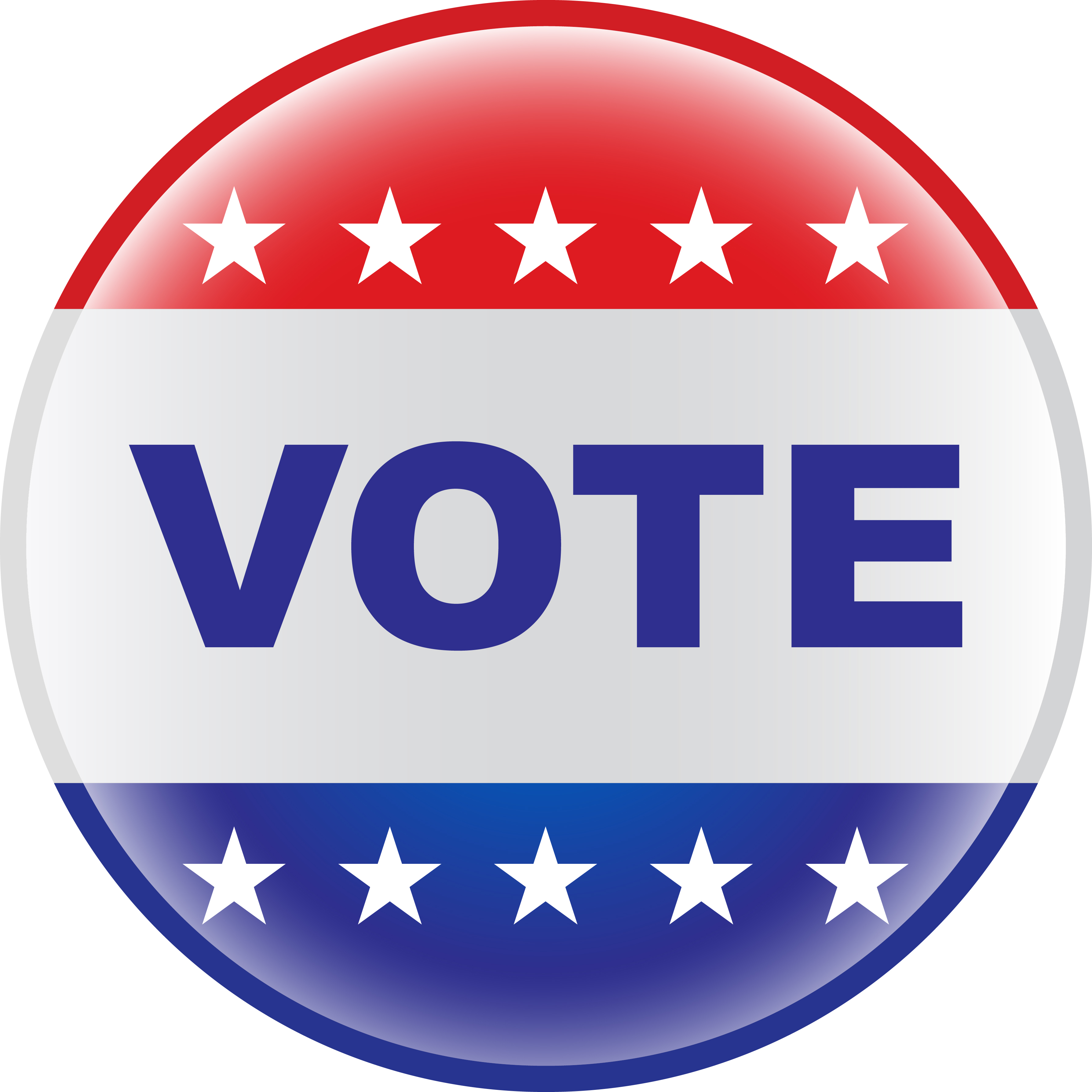With the end of the 2013 legislative session in sight, Republicans in the General Assembly are making a final push to adopt photo identification as a requirement for voting.
The Senate Rules Committee is expected early next week to consider a revised and in some respects toughened version of a voter ID bill that passed the House two months ago. That would set the stage for negotiations between the two chambers on final terms of a measure that could be enacted before adjournment. Legislative leaders want to conclude the session within a week or so, once a new state budget is approved.
The voter ID effort is portrayed by the legislature’s majority Republicans as intended to counter the possibility of fraud at the polls. Opponents say concerns about fraud are overblown, and that the real aim is to cut down on the number of votes cast by people who might not have the necessary photo IDs and who tend to lean Democratic.
This has been an issue of concern for the N.C. Council of Churches because affected voters also likely would be among the poor or otherwise vulnerable – people who especially cannot afford to have their voices muffled during elections.
Tightening up
Under House Bill 589 as approved by the House on April 24, with unanimous Republican support, several types of photo ID would be acceptable. They would include not only official documents such as driver’s licenses, special ID cards issued to those who don’t drive, military IDs and passports, but also public college student IDs, private sector employee ID cards, IDs issued to employees of local governments and IDs issued to welfare recipients.
The proposed Senate substitute for the bill would narrow the acceptable forms of photo identification to these:
— A North Carolina driver’s license, including a learner’s permit or a provisional license.
— A special identification card for nonoperators.
— A U.S. passport.
— A U.S. military ID card.
— A federal Veterans Identification Card for use at Veterans Administration medical facilities.
— A tribal enrollment card issued by a federally or North Carolina-recognized tribe.
— A driver’s license or nonoperators ID card issued by another state, the District of Columbia or a U.S. territory or commonwealth, but only if the voter had registered to vote here within 90 days of the election.
Opponents focus on the omission of college student IDs from the list in arguing that the Senate requirements would target a group that has boosted Democratic candidates such as President Obama.
Bob Hall, executive director of the election watchdog group Democracy North Carolina, said in a written statement:
“The Senate bill takes a double swipe at college students, making it harder for them to vote. It refuses to accept student IDs from any college; the House at least accepts those from the UNC and community college systems. And it restricts the use of an out-of-state driver’s license to 90 days from the day of becoming a North Carolina registered voter; the House accepts the out-of-state driver’s licenses as a legitimate government-issued photo ID. These are unnecessary, mean-spirited changes that target and punish college students who want to participate in the civic life of their college community.”
Hall also criticized the bill’s method of dealing with a voter who is allowed to cast a provisional ballot:
“The Senate version keeps a House provision that will make the North Carolina law one of the most restrictive in the nation – harsher than the ones in Florida, Idaho, Michigan and several other states with a photo ID requirement. Those states allow the voter who lacks or forgets to bring the photo ID to sign an attestation under penalty of perjury and, in some cases, provide an identifying number, such as a birth date or Social Security number, that the board of elections can verify before counting the ballot. The proposed N.C. law would make that voter come back another day and show the correct ID to have their provisional ballot count.”
Non-existent problem
The bill allows for state issuance of special ID cards to voters who don’t otherwise have one of the required forms of ID, and in some cases the special cards may be issued free of charge. Most of the people likely to be affected would be those who don’t have driver’s licenses – often among the state’s poorer and/or older residents. The state would bear an expense in issuing the special IDs, and the inconvenience of having to obtain one likely would deter some people from voting. On the whole, those are people whose votes tend to help Democrats more than Republicans.
Any voter fraud is unacceptable, as it devalues votes honestly cast and can even twist an election’s outcome. But North Carolina has not experienced a pattern of fraud at the polls, and specifically has not seen any pattern of voter impersonation, which a photo ID rule might be expected to deter.
The push for photo ID laws has become a national Republican priority, born of frustration over President Obama’s successive victories and playing to suspicions some hold about immigrants.
Anyone who commits voter fraud, however, subjects himself or herself to felony charges, and the number of alleged cases has been minuscule. North Carolina’s voter ID backers are following their party’s national game plan. But if they succeed, all they will have achieved is making elections less inclusive of voices they’d rather not hear.
— Steve Ford, Volunteer Program Associate


